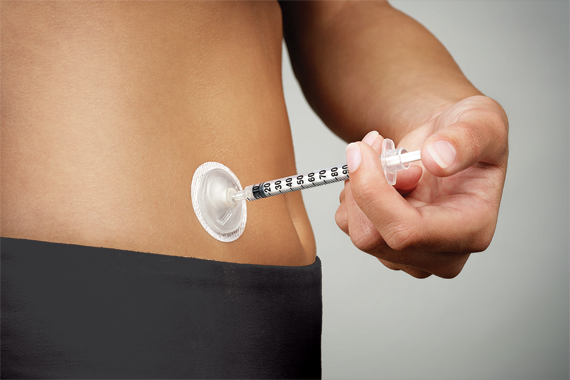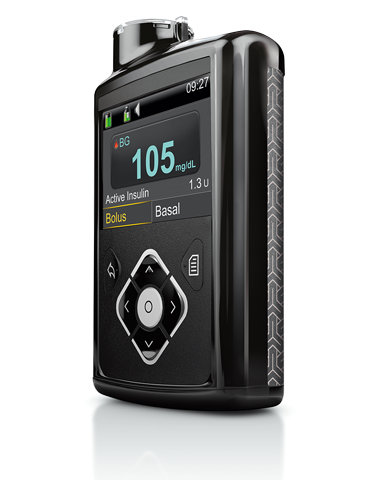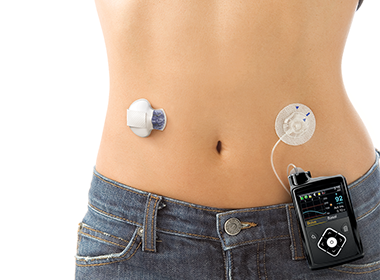Find The Right Balance For You
When it comes to managing diabetes, there are a few therapy options available for treatment.
Diet and exercise:
This is particularly useful for people with Type 2 diabetes, in which case you might be prescribed a diet and exercise regime. To help you further manage your glucose levels, you might also receive nutrition counselling from a diabetes educator or dietician.
Learn more about diet, exercise and drinking alcohol with diabetes.
Oral therapy:
If diet and exercise alone are not sufficient for managing the diabetes, oral medications may be prescribed by your healthcare professional.
Learn more about oral therapy.

Multiple Daily Injections (MDI)
If your diabetes has continued to progress, you may need to administer insulin to help regulate glucose levels.
There are several types of insulin injection therapies - with conventional therapy typically consisting of only background insulin or a mix of long and intermediate insulins. Multiple daily injections involves a long acting insulin injection followed by rapid acting insulin injections at meal times.


Disadvantages of MDI include:
- Up to 8 injections daily
- May require carbohydrate counting
- Unable to decrease background (long acting)

Advantages of MDI include:
- Improved control over conventional injection therapy
- Basal and bolus rates can be separated

Sensor Augmented Pump Therapy
There are three main components to Sensor Augmented Therapy: a “smart” Insulin Pump, a Continuous Glucose Monitoring (CGM) system and therapy management software. Using Sensor Augmented Therapy can alert you to dangerous high or low glucose levels, allowing you to take action and potentially prevent complications.
Learn more about your treatment options , managing your blood glucose levels and treatment options specific to Type 2 diabetes.

Short-Term and Long-Term Complications
Poor diabetes management can lead to complications affecting your health in the short and long term.
Short-term complications can include6:
- hypoglycaemia diabetic ketoacidosis (DKA)
- hyperosmolar hyperglycaemic state (HHS)
Long-term complications can include6:
- retinopathy (eye damage)
- cardiovascular disease
- nephropathy (kidney disease)
- neuropathy (nerve damage)
- foot complications resulting from neuropathy
Correct management and regular check-ups with healthcare professionals are important. Discover how real people have avoided long term complications, using the MiniMed 780G system.

You may be interested in
- Kumareswaran, K., Evans, M. and Hovorka, R. (2012). Closed-loop Insulin Delivery: Towards Improved Diabetes Care. Discovery Medicine, 13(69), pp.159-170.
- J. C. Pickup and A. J. Sutton Severe hypoglycaemia and glycemic control in Insulin Dependant Diabetes: meta-analysis of multiple daily insulin injections compared with continuous subcutaneous insulin infusion Diabetic Medicine 2008 :25, 765–774.
- Assumes four injections per day for 30 days and one infusion set change every three days.
- Insulin pump therapy uses only rapidacting insulin, which is absorbed more predictably and precisely than multiple daily injections. See: Lauritzen T, et al. Pharmacokinetics of continuous subcutaneous insulin infusion. Diabetologia. 1983;24(5):326-329.
- The MiniMed®640G measures approximately 5.3 (width) x 9.6 (length) x 2.5 (depth) cm. It weighs 95.7 grams, not including the battery.
- Diabetes UK. Diabetes complications. Retrieved: https://www.diabetes.org.uk/guide-to-diabetes/complications





